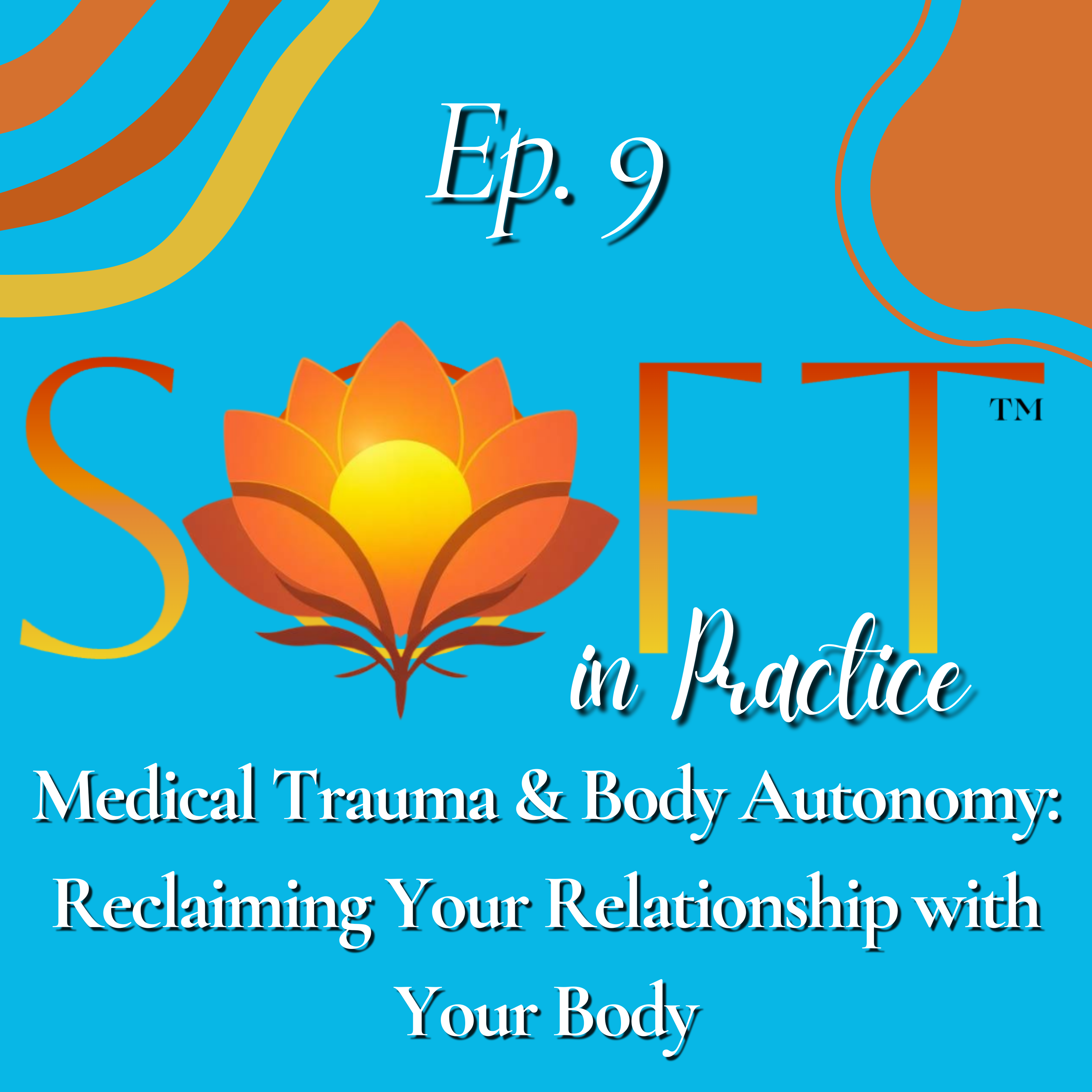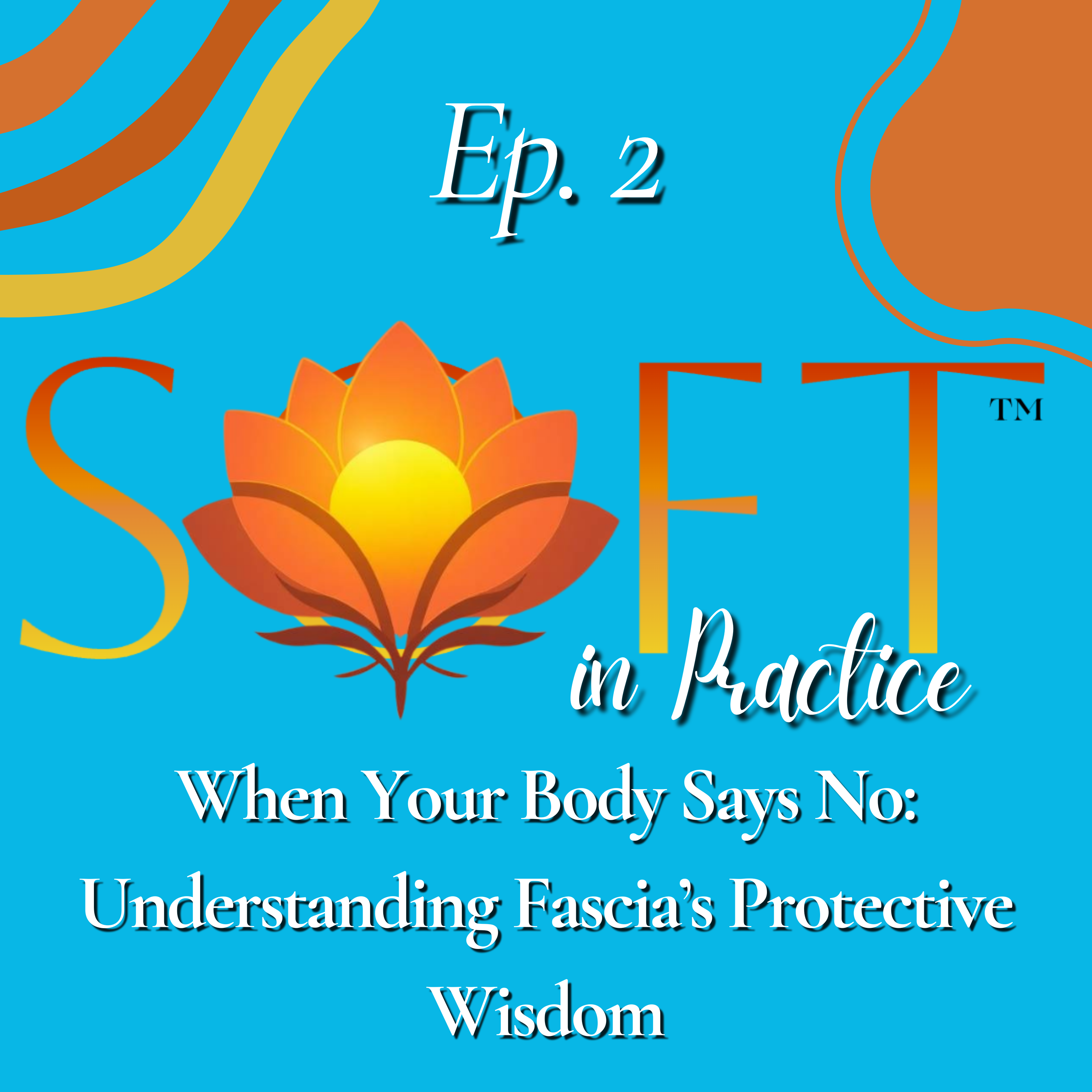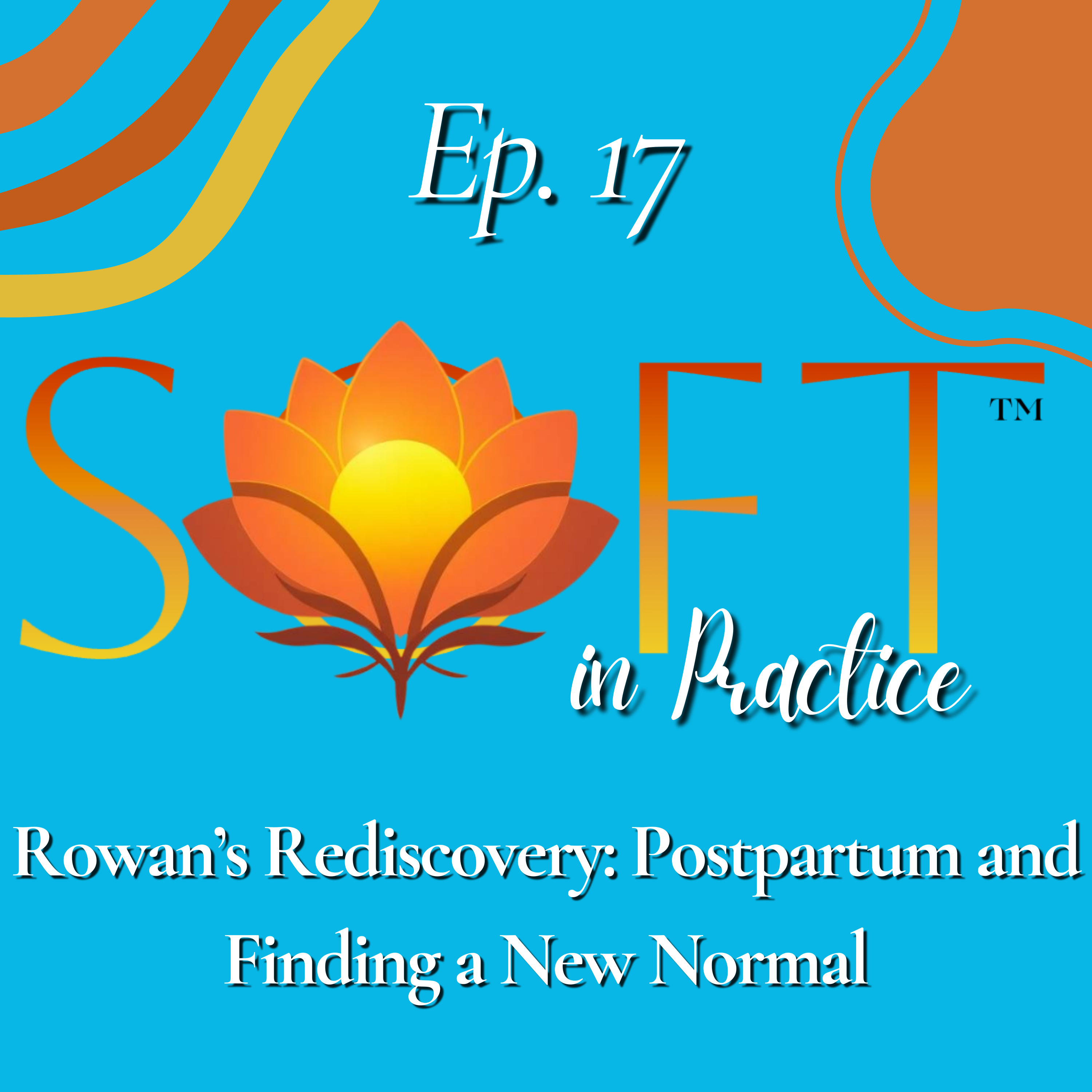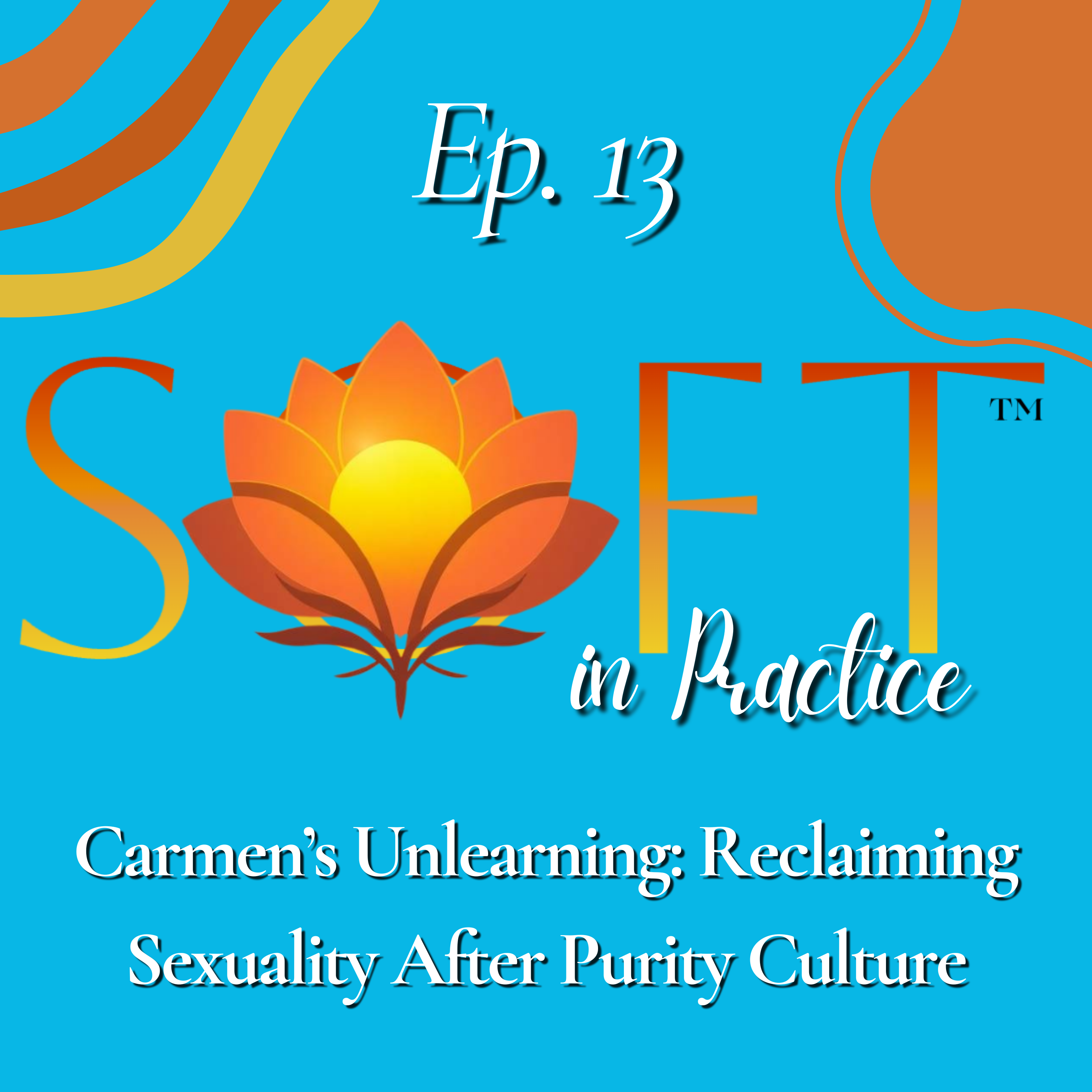Episode Transcript
Medical trauma can deeply affect the way you feel in your body.
Experiences of being dismissed, not believed, or having procedures without consent can leave lasting imprints.
These moments may cause your body to brace, disconnect, or feel unsafe—even years later.
Fascia responds to medical trauma by tightening, protecting, or shutting down.
This can show up as pain, numbness, distrust of your body, or difficulty relaxing during appointments or self-care.
Body autonomy is your right to make choices about your body.
When that autonomy is ignored or violated, the effects can be profound.
SOFT recognizes these impacts and provides a gentle way to restore trust in your body.
Healing starts with acknowledging what happened, and recognizing that your body’s responses are wise.
Consider this example.
A person went through multiple medical procedures where their pain was minimized or ignored.
Afterward, they experienced chronic tension, trouble sensing their body, and anxiety around any touch.
With SOFT, the process began by validating their experience and inviting small steps toward reconnecting.
No pressure to force relaxation or push through fear.
Instead, practices focused on gentle self-touch, choice, and allowing the body to move at its own pace.
A supportive SOFT practice for reclaiming autonomy is the Boundary Check-In.
Place your hand on a part of your body—maybe your arm, shoulder, or chest.
Ask yourself, “Is this okay right now?”
If yes, stay for a moment and notice any sensations.
If not, move your hand away, or adjust how you are sitting or standing.
Repeat as needed, honoring whatever your body says.
This simple practice helps rebuild trust and reinforces your right to choose.
Healing from medical trauma is not about erasing the past.
It is about reclaiming your relationship with your body, one moment of choice at a time.
SOFT supports you in listening, honoring, and re-establishing safety—so you can experience your body as your own again.



